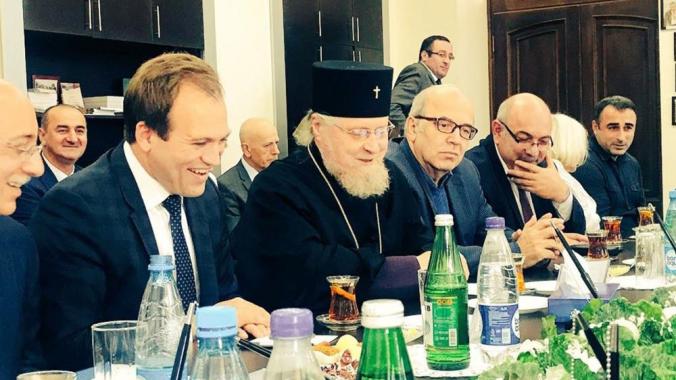 Rev. Johnnie Moore, founder of the interdenominational Congress of Christian Leaders, is singing the praises of Azerbaijan after wrapping up a multi-day visit to the Islamic nation.
Rev. Johnnie Moore, founder of the interdenominational Congress of Christian Leaders, is singing the praises of Azerbaijan after wrapping up a multi-day visit to the Islamic nation.
Moore says he was encouraged by how people of various faiths and backgrounds seemed to peacefully co-exist in the country, which boasts a more than 90 percent Muslim population.
“I met Sunni and Shia young people who pray together, orthodox and evangelical Christians who serve together,” he wrote in a statement. “And I observed the valued and indispensable role a thriving Jewish community plays in a country whose population is over 90 percent Muslim but whose people have celebrated a longstanding relationship between their nation and the State of Israel.”

Moore was joined by Rabbi Abraham Cooper, associate dean of the Simon Wiesenthal Center. Both men are frequent collaborators on interfaith initiatives worldwide and Moore said he was impressed by the multiculturalism he witnessed during their visit.
“No doubt, Azerbaijan has its imperfections as well,” Moore acknowledged. “But I came to specifically assess firsthand the spirit of multiculturalism that undergirds Azeri society, which should be celebrated and which can be a model for many countries in the world.”
He indicated this was particularly poignant given Azerbaijan’s history as a former Soviet republic.
“It was profound to sit these last few days with Muslim, Jewish and Christian citizens who haven’t forgotten the mutual suffering they endured together as devoutly religious under the atheistic, Soviet era,” Moore said. “They cherish what they have now knowing what little they had, then. ”
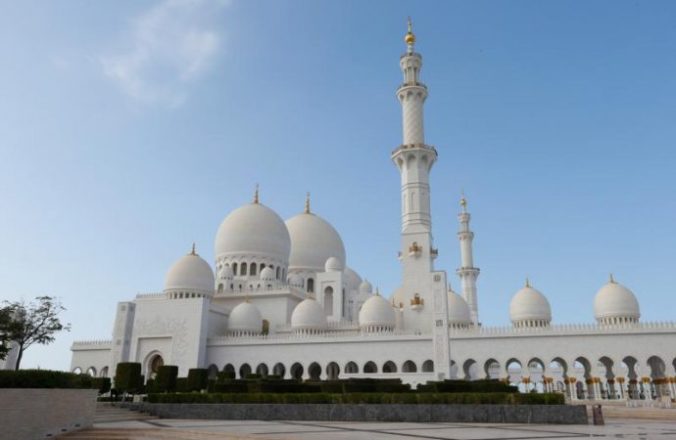 ROME – That many religions exist in the world is a fact, but what that plurality communicates to believers about God is a question that theologians are still discussing.
ROME – That many religions exist in the world is a fact, but what that plurality communicates to believers about God is a question that theologians are still discussing.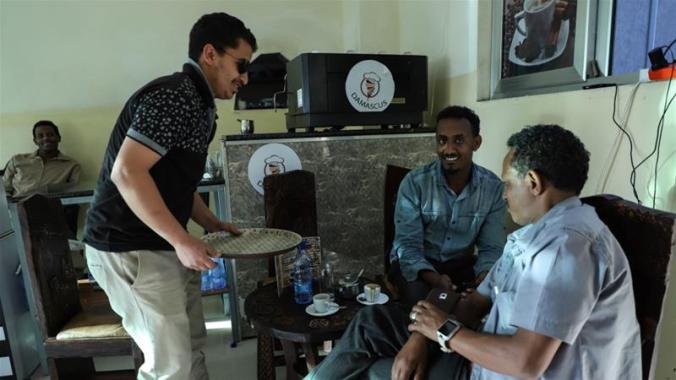 A tiny number of Syrian refugees, having travelled through Sudan, work in restaurants while others beg in Addis Ababa.
A tiny number of Syrian refugees, having travelled through Sudan, work in restaurants while others beg in Addis Ababa.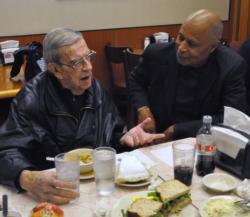 INDIANAPOLIS (CNS) — The openness to people of other faiths that Pope Francis modeled during his Feb. 3-5 visit to the United Arab Emirates has been embraced for more than 20 years at a weekly lunch shared by Muslims, Catholics and other Christians at Shapiro’s Delicatessen in Indianapolis.
INDIANAPOLIS (CNS) — The openness to people of other faiths that Pope Francis modeled during his Feb. 3-5 visit to the United Arab Emirates has been embraced for more than 20 years at a weekly lunch shared by Muslims, Catholics and other Christians at Shapiro’s Delicatessen in Indianapolis.
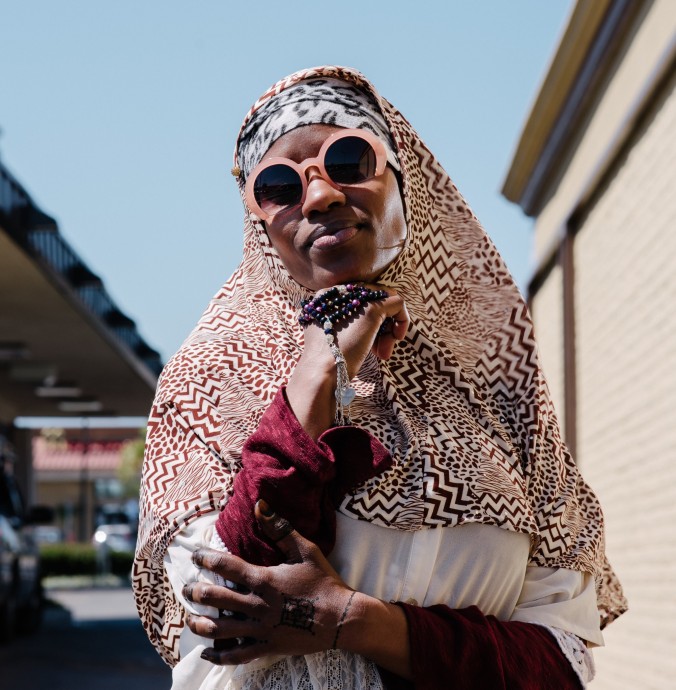 Since 9/11, a recurrent theme in the far-right circles of America has been “creeping Shariah.” It reflects the fear that Islamic law will silently spread through the land of freedom to ultimately overtake it — to put all women in burqas and all adulterers to death. In this scenario, American Muslims, who make up only 1 percent of the population, will pursue this grand scheme because they are here not for freedom and opportunity, but to form a fifth column in it, as Steve Bannon seriously
Since 9/11, a recurrent theme in the far-right circles of America has been “creeping Shariah.” It reflects the fear that Islamic law will silently spread through the land of freedom to ultimately overtake it — to put all women in burqas and all adulterers to death. In this scenario, American Muslims, who make up only 1 percent of the population, will pursue this grand scheme because they are here not for freedom and opportunity, but to form a fifth column in it, as Steve Bannon seriously 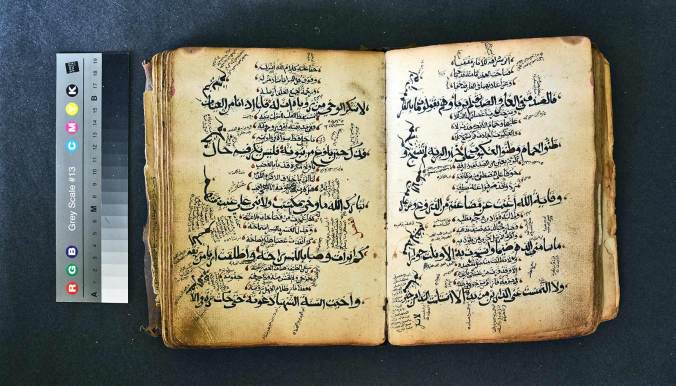
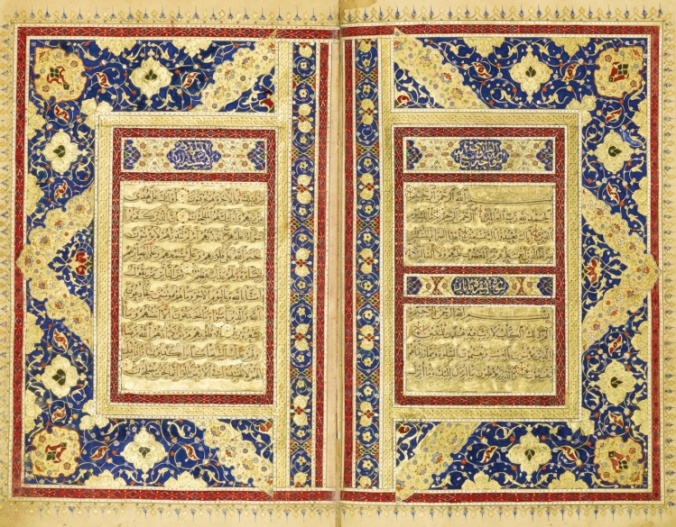 ‘God in the Qur’an’
‘God in the Qur’an’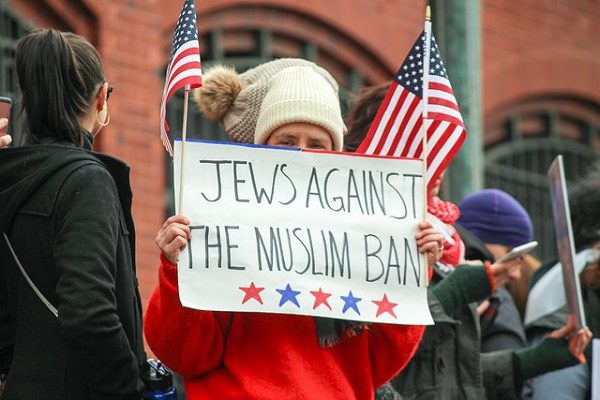
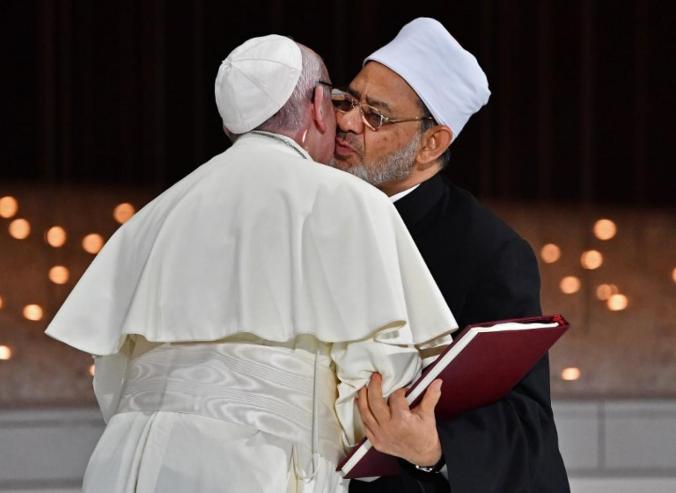 When the head of the Roman church representing 1.2 billion Catholics signs a joint declaration with the head of the highest seat in Sunni Islam, it ought to be big news.
When the head of the Roman church representing 1.2 billion Catholics signs a joint declaration with the head of the highest seat in Sunni Islam, it ought to be big news.